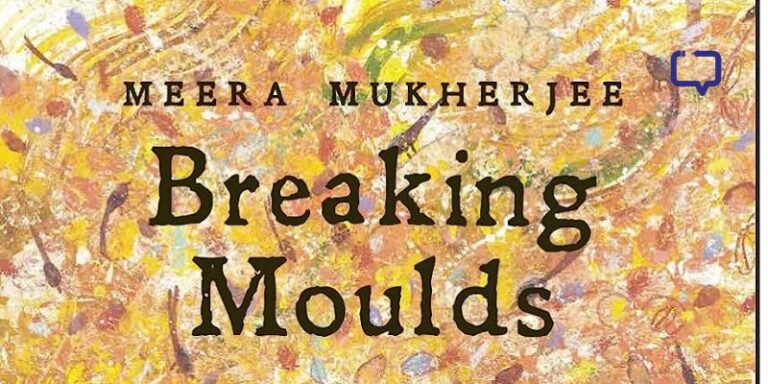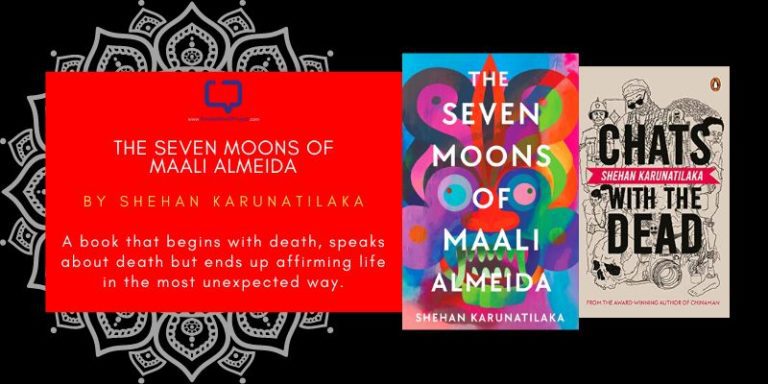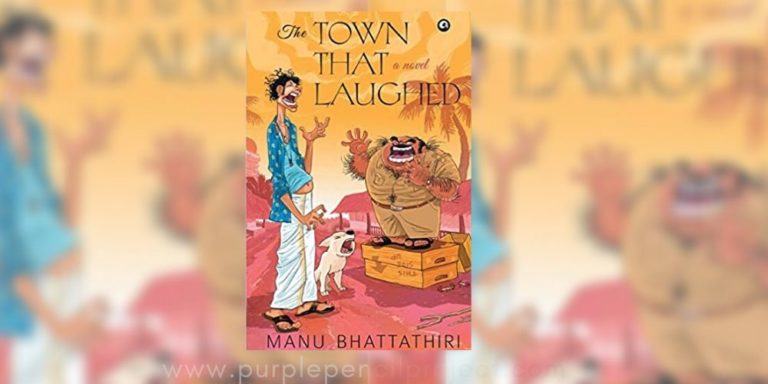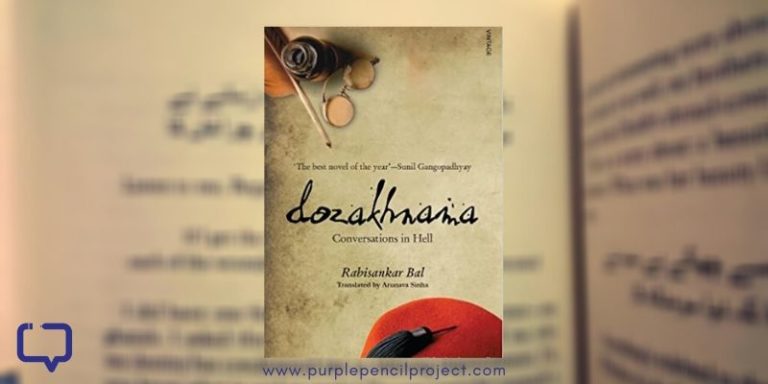Rahul Vishnoi reviews Mother India by Prayaag Akbar (Fourth Estate India, 2024).
Mother India by Prayaag Akbar wouldn’t have existed in the 90s. If we all sit in a time machine and go back 30 years ago, this book would be rendered irrelevant. Multiple reasons come to mind; the most important one is that back then, hate wasn’t on flagrant display 24/7. It lived in the dusty corners of homes and offices, seldom asking for centre stage.
It huddled in a neglected corner, right next to shame and embarrassment. Bonhomie and harmony were still the feelings that got polished to be taken out and exhibited in front of the guests. Now, hate is a gleaming chandelier in the foyer. Sometimes, you can spot the rubies redder than the blood. It demands the spotlight. It thrives.
Two Protagonists, Two Worlds, One Collision
Mayank and Nisha, the two protagonists of Mother India, never meet. Mayank works in a dingy basement, employed by Vikram Kashyap, who runs a moderately successful YouTube channel, making memes and other creatives, especially the ones that not only celebrate the otherness of the Muslims but seek to vilify and dehumanize them. Sometimes, he does feel a twinge of guilt or maybe unease, but he overcomes it quickly.
Recommended Reading: 16 Essential Books on Indian Political Thought
Nisha, a girl from Uttarakhand, has migrated to Delhi in search of greener (?) pastures. She works in Emporium Mall (adapted from the real-life Emporium Mall of Delhi) in a shop that’s “filled with a thick, rich cocoa-butter smell.” It sells exorbitantly overpriced dark chocolate Dojuri. There’s a scene in her introduction chapter where she explains to a hesitating couple why “quality dark chocolate is never black.”

Mayank and Nisha share the peripheries. They both exist in the margins of the world they inhabit. But the similarity ends here. Remarkably, they both have been unaffected by greed. Mayank, although he works for a YouTube influencer, isn’t enamoured with the promise of thousands of online views/likes. He doesn’t have the thirst to see and listen to his own babblings. Similarly, Nisha, although she works in an ultra-luxury mall, doesn’t pine for the riches it shoves in her face. She even keeps social media at bay. She is dating her manager, another middle-class guy, and sees a future together. She, however, feels underconfident of her love: “Siddharth’s various futures never comprised a ‘we’”.
The Business of Hate in Mother India
For an assignment, Mayank picks Nisha’s image from Instagram and fees it to an AI software to convert it into an inflammatory creative of Bharat mata, being hurled stones at by Muslim boys. Nisha’s life is turned upside down, questioning whether she knows the people around her as deeply as she thinks she does.
Recommended Reading: Zen: Love and Resistance in a Politically Charged India
The hate that mushrooming YouTube channels bring to the milieu is summed up in a neat paragraph. Mayank’s boss, Vikram Kashyap, dishes out hate 101: “It doesn’t matter what he is saying. What he’s actually saying or trying to say. It matters how we interpret it. We are the ones with the audience. What matters is how we relay it to our followers. What we make of his words so our followers click on the video. It’s a jungle out there, men. Everyone eats. To make an impact on the internet you don’t need ideas, you need enemies.”
The relentless bullying of his boss bogs down Mayank. He, however, takes solace in little packets of happiness:
(…) Kashyap (unlike his own generation, who instinctively knew) belonged to an age that could not always discern sponsored posts from uncorrupt recommendations.
– Prayaag Akbar, Mother India
He ended up importing a table after a fulsome recommendation from an American tech influencer.
When the Image Turns Personal
When Nisha sees the AI-generated image of Bharat Mata that uses her face, she is left deeply disturbed, especially by the depiction of two young Muslim boys throwing rocks at the image, blood spattered across the frame. It was this aspect of the image that turned her stomach. It troubled her to see this violence being planted in people’s minds. She is bothered by imagining this severity upon the nation. The nation’s person. Her person.
Akbar beautifully ties beauty to revolution, to blood, citing a photograph (of Palestinian A’em Abu Amro, captured by Mustafa Hassouna of Turkey) that went viral in 2018. Handsome Amro is shown shirtless, waving a Palestinian flag and protesting. He made the world notice the protest.
(…) in the vast proliferation of memes that followed that photograph, she (Nisha) had learned about Lady Liberty of the French Revolution and the Old Testament. David, vanquisher of Goliath, turned immortal because they were young and beautiful and weaker than that they resisted, people who grew from their own stories to become symbolic of struggle itself.
– Prayaag Akbar, Mother India
The research done by the author ably supports the story. He has dug some effective background information. In Mayank’s section, the reason given for the spread of forest fires in the hilly areas is bang-on. Having spent about 2.5 years in Himachal, I can vouch for this.
Secondary Figures, Primary Impact
In Mother India, when the twists come, they are brought about by the secondary characters. In Mayank’s case, it’s the mother of a student upon whom he had made an inflammatory video. In Nisha’s life, the trigger for the real change comes through her brother-in-law Manoj:
Manoj had been born into a family that would not have countenanced sending their child to this badminton group, never have tried for admission at the convent school Nisha attended. Yet he was the one who was determined to make things better. To fight for what was right against enormous forces. She should be doing something like this.
– Prayaag Akbar, Mother India
Favourite Quote from Mother India by Prayaag Akbar
Nisha coming to terms with the softer expressions of luxury in these lines makes for fascinating reading:
A tall man wearing a baseball cap, shorts and plain white T-shirt walked into the store. Six months ago if Nisha had seen this man at an airport she would not have placed him in the ranks of desirable customers, but she’d learned to recognize the softer expressions of luxury.
– Prayaag Akbar, Mother India
The Nation as Mother: A Metaphor for Endless Demands
Akbar ties the story in a neat package, sitting these words atop it like a neat little bow:
Nisha thought of her own family. All her life, she’d imagined they were just the same as every family in the country, barring a few peculiarities. Maybe that is what we mean when we call the nation mother. We crave the sustenance of her breast. But whatever she gives is not enough. We keep drawing. We never rest, for we fear there is a sibling who receives more.
– Prayaag Akbar, Mother India
Therein lies the essence of Mother India.
Have you read this masterful tale of identity, hate, and humanity? Share your thoughts with us in the comment section below!






















